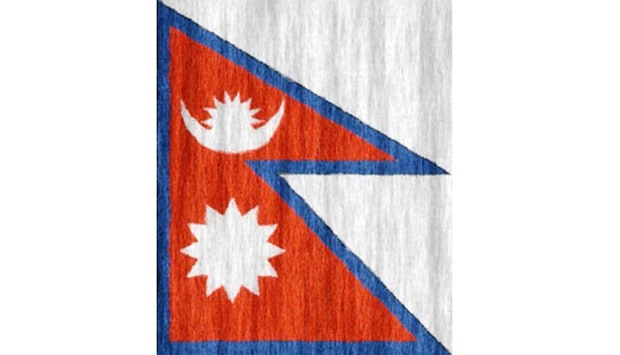The sole international airport in this Himalayan country, Tribhuvan International Airport, handles around 400 flights on a daily basis. During peak tourism season, over a quarter of these flights are operated for Tenzing Hillary Airport, located in Lukla, the gateway to the world’s highest peak.
Due to heavy demand of flights for Lukla in the mountaineering season which falls from March to May, even other domestic flight schedule often gets disrupted or become the victim of air traffic jam.
Tenzing Hillary Airport, famed as one of the most dangerous airports in the world, recorded up to 105 flights in a
single day this season.
“Since March, we are having 90 flights on average per day, with the highest 105 on April 16. Since the passenger movement is excessive this year,” Lokendra Kunwar, manager at the airport, told Xinhua, yesterday.
Unlike low flight tendency in the past few years, this season’s high passenger movement at this airport has been regarded as evidence that the mountaineering season of 2017 is going to be highly beneficial for the quake-hit Himalayan country.
Kunwar added that the highest number of flights is handled by private airlines companies Tara and Goma Air and the tendency will go on till the end of June.
Up to 40 expedition teams comprising 373 climbers are attempting to summit the world’s highest peak this spring season. As May is the perfect window for this expedition in terms of favourable weather, foreign and Nepali expedition teams are once again all set for trying their luck.
There were no mountaineering expeditions in the spring of 2015 after avalanches triggered by the devastating April 25 earthquake killed 19 climbers, including high-altitude guides and helpers.
The department of tourism, the authorised government body to issue expedition permits, informed that all the climbers have already reached the Everest region with Sherpa guides and helpers for acclimatisation.
Durga Dutta Dhakal, information officer at the department of tourism, said, “There are around 1,500 people at the base camp and nearby areas currently. As part of acclimatisation, climbers have reached up to Camp III from the base camp. We are hopeful that the first summit will be held probably next week.”
Starting from March, the climbers usually spend 30 to 60 days in the region, including at the base camp, as part of their preparation.
Dhakal, who himself is heading toward the base camp, added that this year’s Mt Everest expedition can contribute a lot to revive quake-ravaged tourism.
He nodded at the reports of possibility of traffic jam in the peak owing to a large number of climbers attempting to utilise the benefit of narrow weather window at the same time.
According to the Expedition Operators Association of Nepal (EOAN), authorised body for rope fixing from Camp II to top of the peak, the rope fixing task shall be completed within next few days, which will pave the way for all the commercial and independent summiteers.
EOAN president Dambar Parajuli said that “a team of 14 Sherpas known as Icefall Doctors are waiting in Camp IV for the weather clearance. The weather was not so good in the past few days. If everything goes well, they would start rope fixing from tomorrow and complete it within three-four days.”

